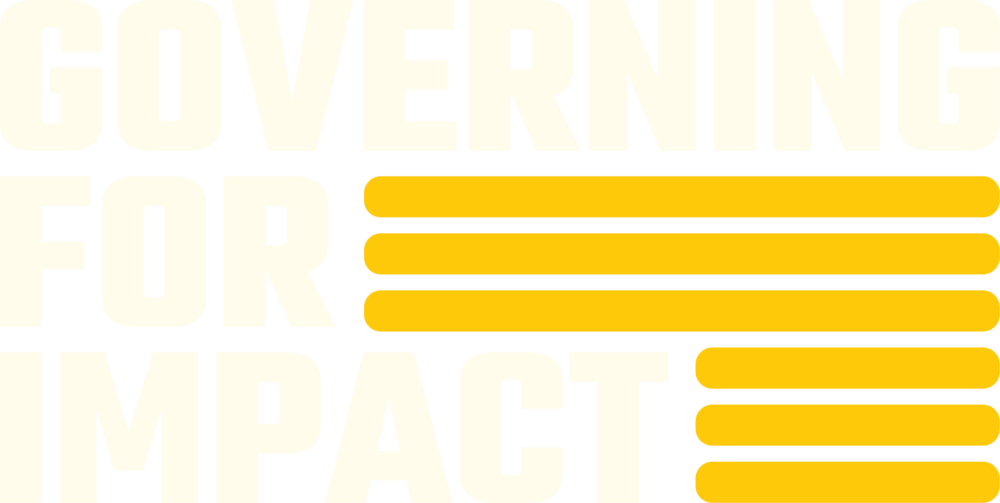Legal memo proposes how HHS can protect healthcare workers and patients from the harms of such contracts
WASHINGTON, DC — Today, Governing for Impact (GFI), Towards Justice (TJ), the Student Borrower Protection Center (SBPC), the American Economic Liberties Project (AELP), and the AFT Healthcare labor union issued a memo urging the Department of Health and Human Services (HHS) to issue a new Condition of Participation (CoP) that would ban non-compete clauses and “stay-or-pay” contracts at facilities that receive Medicare and Medicaid funding.
Stay-or-pay contracts force workers to pay their employers if they leave – or are fired from – a job within a certain time frame. Used in tandem with, or in lieu of, non-compete clauses, which prohibit employees from obtaining a new position in their given industry, stay-or-pay contracts have been shown to reduce workers’ mobility and stifle competition. The threat of financial penalties upon resignation or termination dissuades workers from speaking up about unsafe conditions for themselves and their patients and increases rates of employee burnout and toxic work environments, which can lead to medical error.
“Stay-or-pay contracts have contributed to dangerous conditions and pose significant risks to patients and to healthcare workers across the country, ” said Reed Shaw, Policy Counsel at Governing for Impact. “HHS has the authority to act to make our hospitals and other healthcare facilities safer. ”
Non-compete and stay-or-pay contracts are most frequently used in less desirable hospitals with unsafe working or patient care conditions. HCA Healthcare, the largest for-profit healthcare employer in the world with 184 hospitals and 2,000 sites of care in the US and UK, is one example.
Although the company claims to have ceased the practice, as recently as 2022, newly hired registered nurses at a number of HCA Healthcare hospitals were required to sign contracts that obliged them to take out a $10,000 promissory note for training program costs. Similar contracts are used at Tenet Healthcare and MedStar Health, for which the payback amounts range from $5,000 to $50,000.
In the legal memo, GFI and its partner organizations explain how the Centers for Medicare and Medicaid Services at HHS could invoke its statutory authority to regulate the use of traditional non-compete clauses and stay-or-pay contracts in the healthcare industry. HHS has issued numerous rules to update CoPs in the past for facilities that accept Medicare and Medicaid, in response to issues like technological advancements and staffing issues.
The Supreme Court recently affirmed HHS’ authority to set Medicare CoPs in Biden v. Missouri, in which the court upheld the administration’s vaccine requirement for healthcare workers. A CoP rule that would disallow or regulate stay-or-pay agreements for healthcare workers would be well in line with the scope of the HHS Secretary’s CoP-setting authority “in the interest in the health and safety” of patients.
